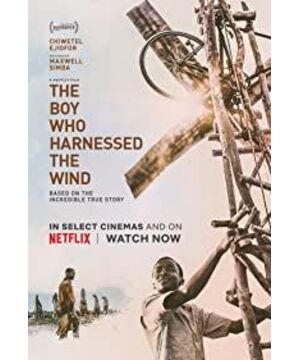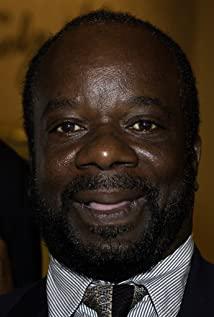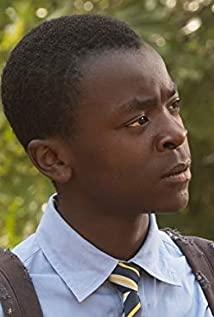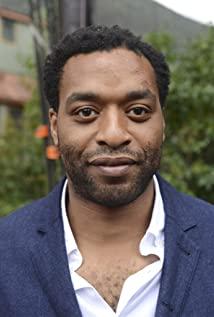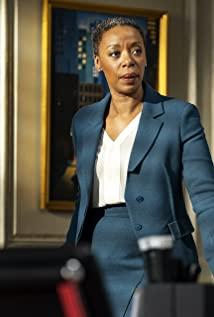The first time I heard about Malawi was when I learned about the concept of Least Developed Countries (LDCs) during an internship in a United Nations agency. Because of natural and man-made disasters, this country seems to have been used as the shortest plank of African development and a pilot base for development projects, appearing in various UN reports. What is rather ashamed is that although I often see or even talk about this country, as an international development student who claims to be concerned about Africa, I have always lacked understanding of the human geography of Malawi.
So the first impression of seeing many pictures in the film was shocking: the original image of the gods (magic, don’t know what to translate) not far away from the funeral, the villagers living at sunset and living at sunrise, and paying money in suits. Schools with only a blackboard for the grace period, the vast but invisible field, the trucks that have driven in the field, the victims chasing the trucks for food, and the victims robbed the knife for fighting because of the extreme hunger. Light blood shadow. This Africa is definitely not the Africa that African American reminds me of (so that I blurted out African American and African totally different groups during the discussion), but it is also somewhat different from the Africa I used to know. The atmosphere is rendered very well, and I can't help but drop the golden beans when I see the back.
Regarding the plot, the main thread itself is very clear, and the character image is more worthy of analysis. The role of Trywell as a father is full of contradictions and tension. On the one hand, he is different from the villagers who never leave the village. He once saw the light and shadow of the modern world when he was in business, and insisted on letting his children receive education within his ability; Under oppression, he had to pray to the traditional gods, taking conservativeness as perseverance and making mistakes again and again. At the same time, he denied the children's initiative due to great mental pressure, and even became an obstacle. He has love and a happy family, but he has not been able to completely get rid of the arbitrariness of traditional social leaders, especially when he has given up all his rations to his neighbors. Therefore, the role of mother is so important and worthy of admiration: she insisted that her daughter go to college and said that she must not just be a housewife. When Trywell was obsessed with her, she broke through her defenses, which eventually led to William's attempt. If there is anything in the film that can make people see hope under such difficult natural conditions, then besides William, it is this great mother. Although her daughter finally chose to marry as a housewife, although there are still so many women in Africa who think domestic violence is right, awakening and enlightenment are possible, and if wealth and power can be in the hands of women, then the entire community and even the country It will be better (sorry for ted talk). As for the girl who abandoned her family at a difficult time, she might regret her choice when she saw the path her brother took.
The tragedy of the real world did not end with the dilemma of this family. The fact is that the famine in Malawi continued until a few years ago, and now that the world is swept by the epidemic, what should these people who cannot rely on natural gifts do? From another point of view, even if there are many young people like William in Africa who have come to the Western world to receive education, after completing their studies, if they are unwilling to cause a brain drain, then they will return to their home country. Let them not forget their original intentions and give them a chance to shine? William Kamkwamba has now become a benchmark figure, but how many young Africans can attract media attention like him? Individual efforts are not systematically promoted and supported, and they can only be maintained with difficulty. There are too many examples of this in Africa.
After watching the movie, it can only be said that development scholars need to think about the most. In this movie, only the friend of Trywell who is still in business mentioned the IMF. In addition, I did not see the shadow of Western development assistance and multilateral institutions. Are they absent in this crisis? If not, how do they play? What kind of role does it play? William learned that the example of wind power generation in the book is the United States, so why is the African continent so abundant and clean energy has never been discovered. Movies can only focus on local communities, but in the real world, the influencing factors are far from being so single. What is the relationship between the corrupt government and the former colonial forces, and what roles other countries have played in this crisis? It's a bigger picture. On the one hand, systematic development assistance cannot hope that every country in Africa will have a genius like William. On the other hand, the development assistance framework established by Western ideology can easily stifle the initiative of local communities. It is in line with the starting point of empowerment itself. How to find a balance between the two and use development assistance as a strategy and tool to maximize the potential of the local community, rather than as a cause that has cultivated numerous stakeholder teams. Questions that researchers/practitioners who are truly committed to international development should think about.
View more about The Boy Who Harnessed the Wind reviews


